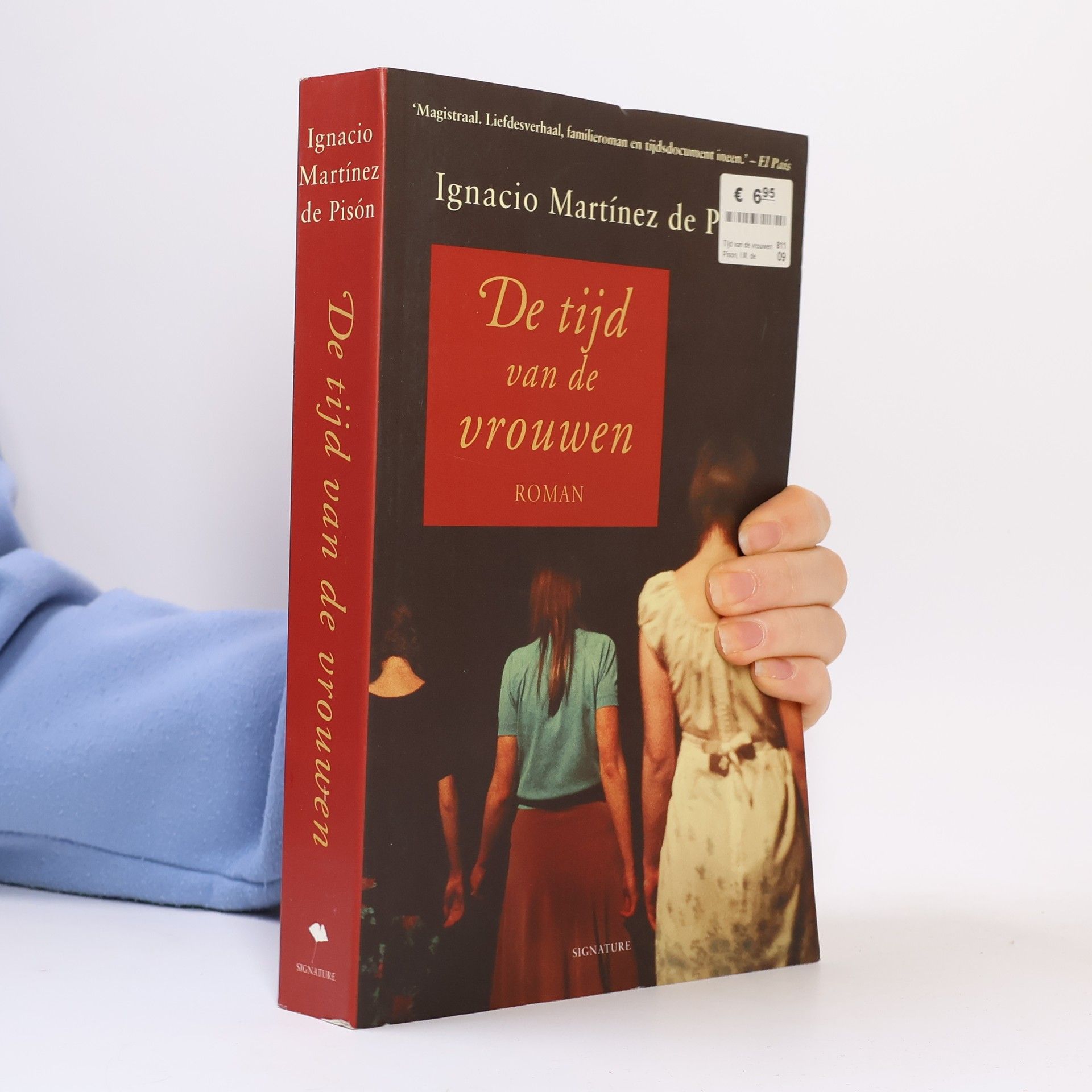Meaning-Making and Political Campaign Advertising
A Cognitive-Linguistic and Film-Analytical Perspective on Audiovisual Figurativity
- 256pages
- 9 heures de lecture
Focusing on the intricate relationship between language and audiovisual imagery, this book addresses a significant gap in research concerning the figurative meaning-making processes in campaign commercials. By conducting a comparative analysis of German and Polish commercials from 2009 and 2011, it develops a transdisciplinary approach that merges film analysis with cognitive linguistics. The work explores how language and cinematic elements interact, revealing the dynamic and affective nature of audiovisual figurativity while challenging established dichotomies in media studies.


